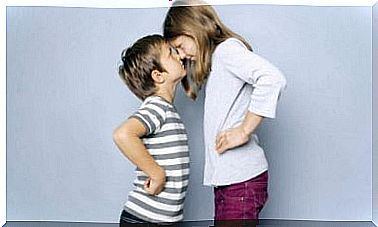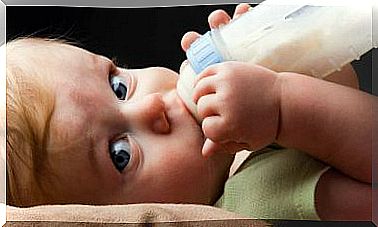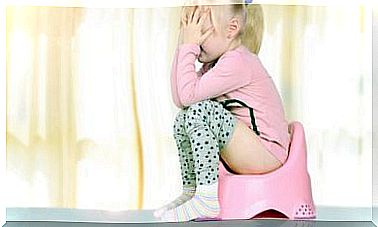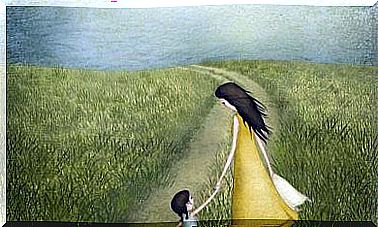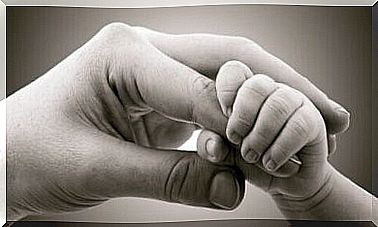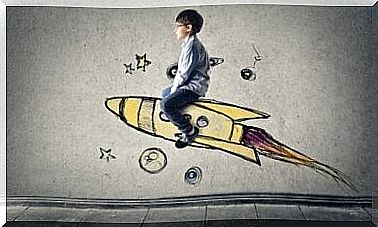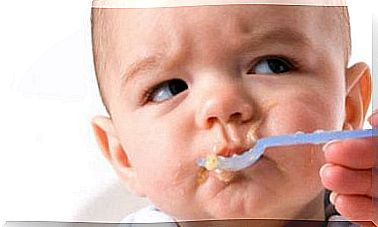Ways To Destroy Children’s Self-esteem
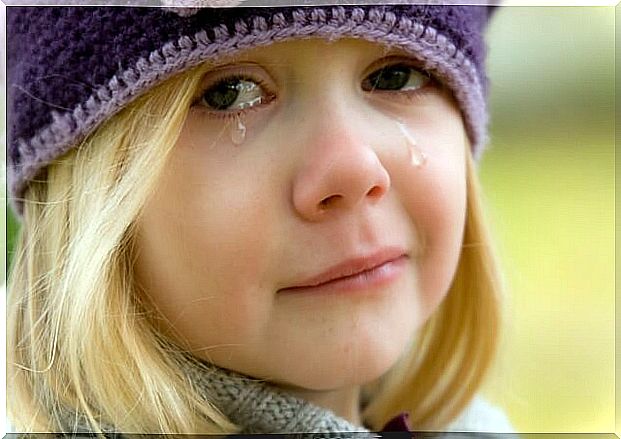
All parents want their children to grow up safely and feel capable of handling any circumstance in life. But parents, unintentionally, can sometimes do the opposite. With their words or actions, they can destroy children’s self-esteem.
Children need their parents to support and encourage them in everything they do. While for parents it is unimportant, for children it is not at all. A few words of encouragement, proper guidance to make things better, and lots of affection are what all children should receive.
But sometimes parents may unknowingly say certain things to their child or behave in a way that makes the child feel unappreciated. And worse… that your self-esteem is seriously damaged. You should be aware of some common mistakes parents make to be aware of and prevent them from happening in your home.
Do lots of things for children
Your kids want to do their chores on their own. But if you do them, they’ll think it’s not necessary or their responsibility, and they’ll stop doing them. When children are able to do the tasks on their own, they will have a great sense of accomplishment. Certainly, this feeling will help them to feel good about themselves.
What happens if you do too many things for your kids
You might want to show your love by doing things for them. But you won’t actually be doing him any favors. If you do things for your children, you will be denying the opportunity to learn necessary life skills. It will harm them in adult life.
And as if that wasn’t enough, you will also be creating in children the need to be dependent and forbidding the satisfaction of being independent, of getting things alone. If you do things for them, you’re making them feel like they can’t get what they want.
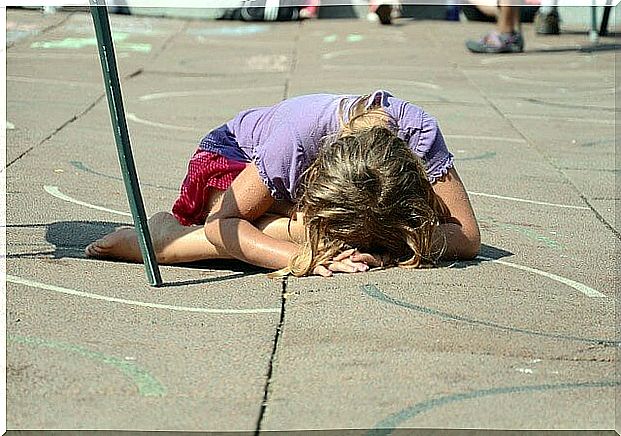
how to fix it
Instead of doing a lot for your children, you need to help them so they can do things for themselves. Then, if they make mistakes, they will have the opportunity to do it again and learn from the mistakes. Thus, self-esteem will be strengthened.
Saying: “This is easy”
When your kids are struggling to get something done, even if it’s homework, you shouldn’t say it’s easy. It might be very easy for you, but it’s not for your kids.
What happens when you say something is too easy
When you say (thinking you are saying something positive), something like, “This is easy, you can do it,” you are trying to motivate and encourage your children. But the reality is, your kids might think there’s something wrong with them because for him or her it’s not easy.
It may sound silly, but it’s not . This will make your children feel discouraged and want to give up before their time. And yes, it can seriously damage children’s self-esteem and you might not even have noticed.
what to do about it
Instead of saying it’s easy, it’s important to say things like: “This can be difficult” or “At your age I found it difficult, but with persistence good results are achieved”. Thus, children can understand that, even though it is difficult at first, if they work hard to get good results, they can do it. This will make them feel motivated and self-esteem will be strengthened.

Don’t let them make mistakes
If you just show your child what he does wrong, he will think you are useless and your skills are terrible. Mistakes are part of life and we must all learn from them (adults and children). Perhaps you also believe that you should help your children not to make mistakes, or help them to prevent them from making mistakes. But this will leave them incapacitated for life and their self-esteem will be greatly damaged.
And if you don’t allow them to make mistakes
If children can’t make mistakes and you overprotect them, they won’t be able to develop in life and will become dependent people with a bad self-image of themselves . They will think that making mistakes is a bad thing because it hurts. But you shouldn’t take the opportunity for your kids to learn from their mistakes, to admit they’re wrong, and give them the opportunity (and the satisfaction of solving the problem).
What to do to help children
Rather than not allowing them to make mistakes, teach them to do things the best they can and to be responsible for their actions. Thus, they will be able to have a healthy view of mistakes and realize how useful they are in life.
